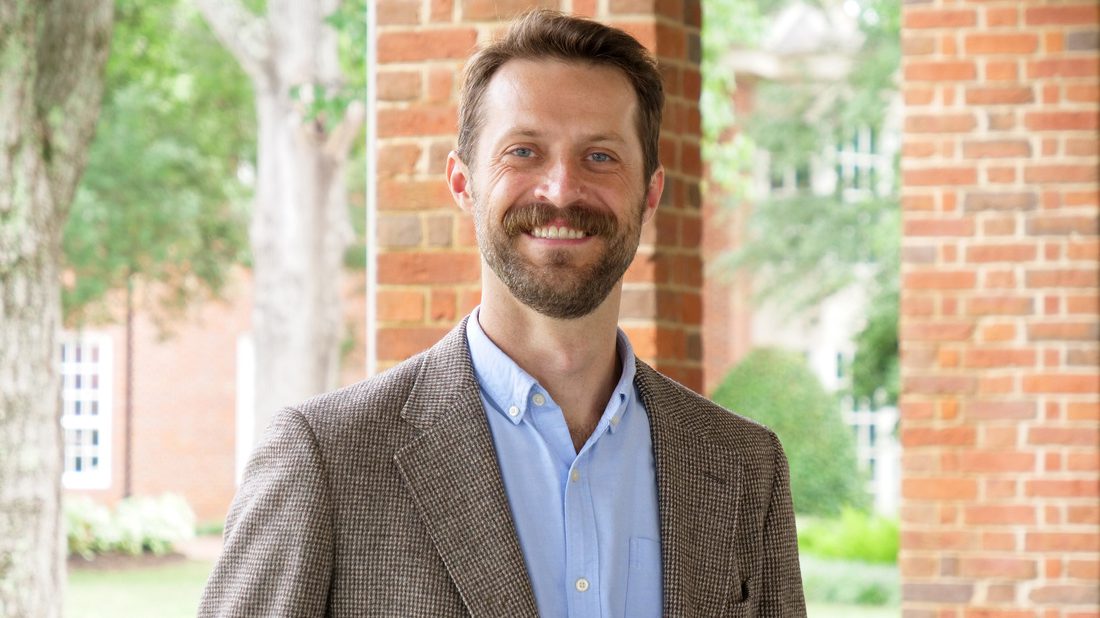How effective are vaccine mandates? Furman research shows: meh.

Did COVID-19 vaccine mandates work?
That’s a question Adam Richards, associate professor of communication studies at Furman University, sought to answer.
Richards and his co-author, Professor Stephen Rains of the University of Arizona, are intrigued by the process of persuasion and resistance to it.
They study psychological reactance theory, a concept that explains how people react when they perceive that their autonomy is threatened, Richards said. Sometimes, he added, it can motivate people to do things that aren’t in their best interest so they can feel free again.
“We have studied this … in a variety of health concepts, for example, telling someone to drink more responsibly and other vaccination behaviors,” he said. “And it occurred to us that state (COVID-19 vaccine) mandates might be one mechanism that people might feel their freedoms are threatened by.”
Using data from the U.S. Centers for Disease Control and Prevention, Richards and Rains analyzed the trends of vaccine uptake in states before and after mandates.
Their findings suggest that the mandates had “no discernible influence” on vaccination rates, but reduced uptake of COVID-19 boosters and flu vaccines, he said.
“When we compared states that had mandates with states that banned vaccine (mandates), after controlling for the proportion who got the COVID-19 vaccine, proportionally fewer people were getting the (COVID-19) booster in the mandate states,” he said. “And flu vaccine as well.”
Richards said the take-away from the research is that promoting public health through vaccination is a complex issue.
“The government had the best intentions of trying to facilitate vaccination, but it’s a difficult thing,” he said. “These data suggest that vaccine mandates might have unintended consequences in the form of affected vaccination behavior.”
Richards cautioned, however, that there could be other explanations for the findings, noting that the study didn’t control for partisanship, for example, adding that states that banned vaccine mandates were more conservative and vice versa.
“When mandates of any sort are instituted, people feel like their freedom is more threatened if they start out resistant to that,” he said. “So, vaccination became a political issue instead of a public health issue.”
Not all 50 states were included in the research, Richards said, adding that five or six had neither a mandate nor a ban and so were excluded.
The research, published in the Proceedings of the National Academy of Sciences, covered the period from November 2021, when the first booster was available, to May 2022, and people who had already gotten the initial two rounds of vaccine, he said.
Richards said that some earlier studies have also shown that mandates can have negative consequences while other research shows they encourage vaccine uptake.
“This paper is one bit in a larger conversation,” he said, “and we advance one explanation: psychological reactance.”